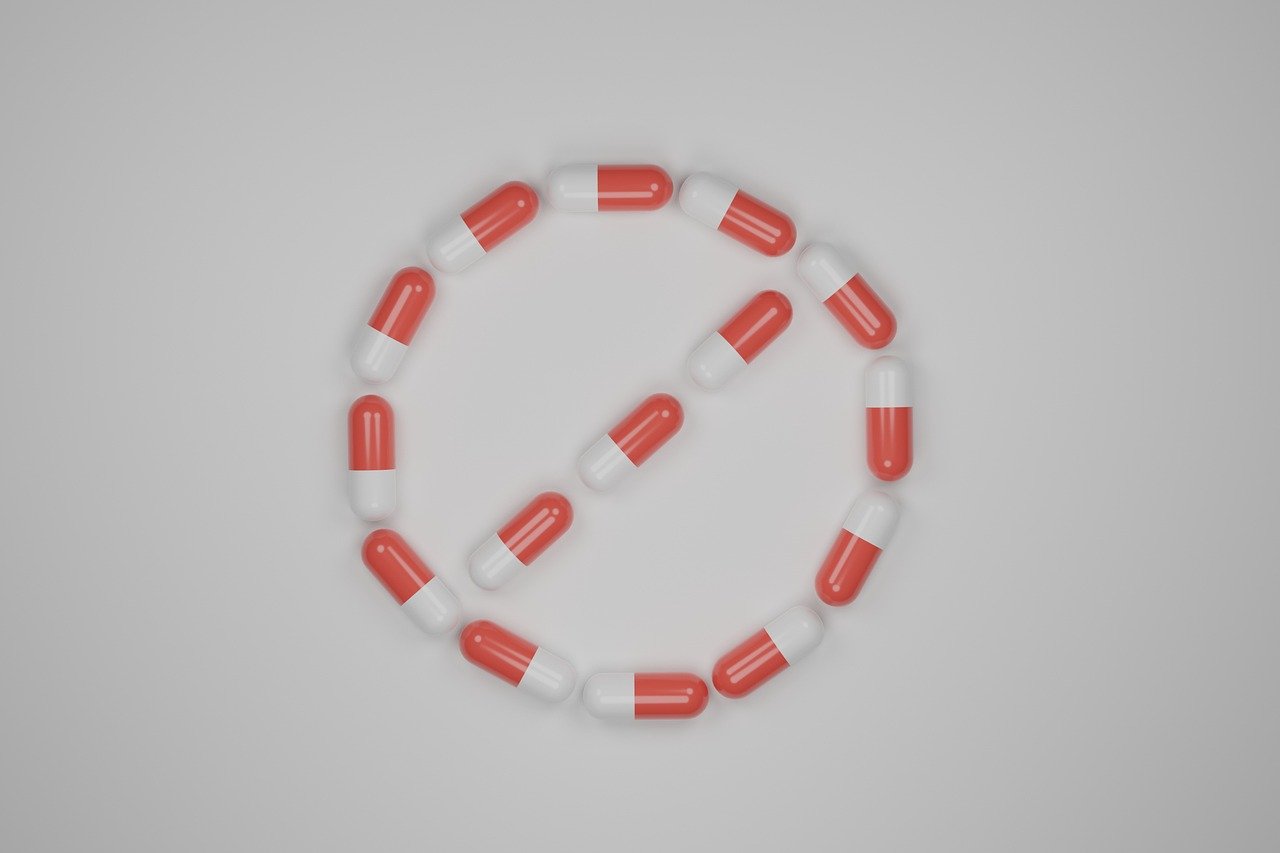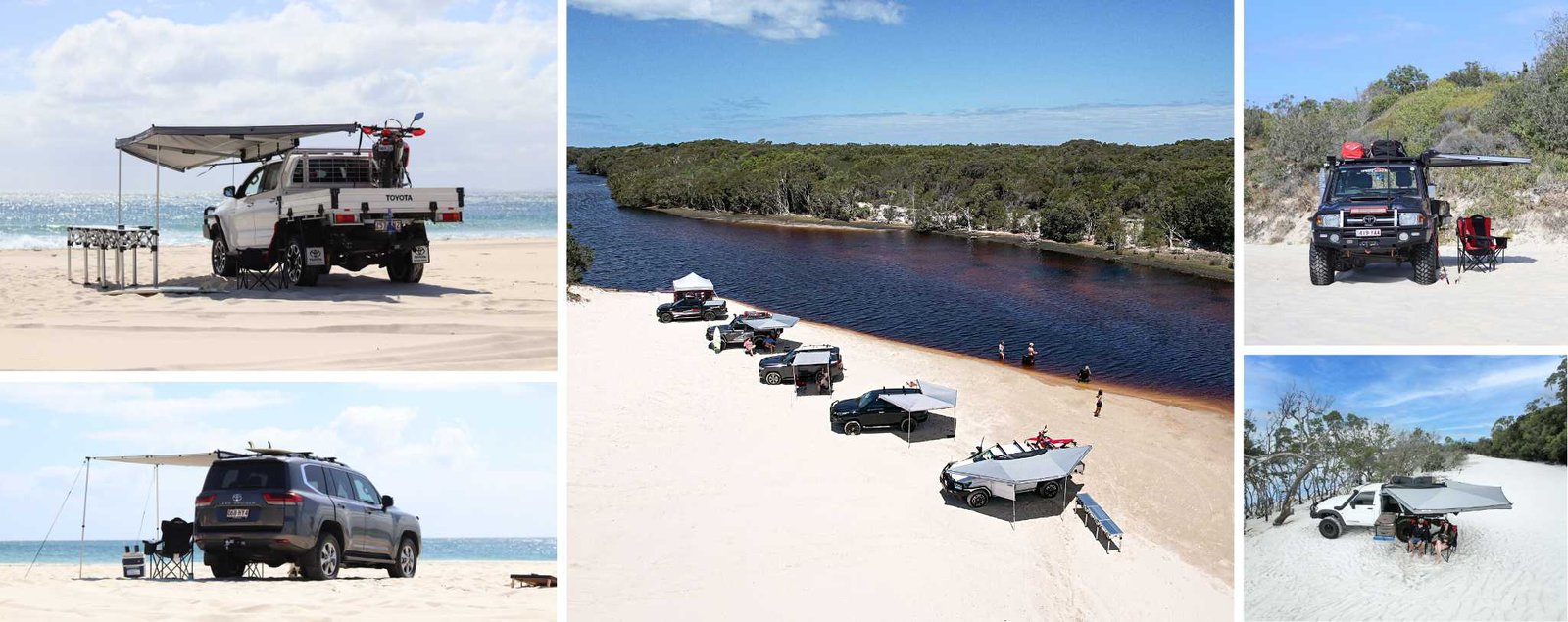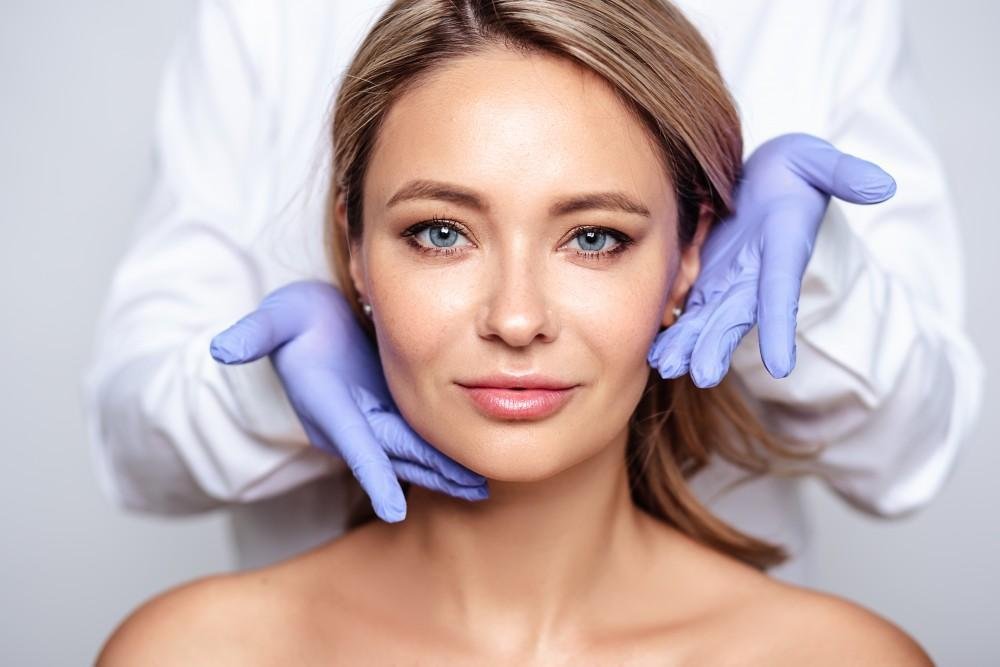
The global medical travel industry was valued at nearly $6.7 billion in 2018, with researchers forecasting growth to surpass $10 billion annually by 2026. In the United States, one of the industry’s top destinations, incoming medical travel accounts for over $1 billion in annual trade surplus. In spring 2020, everything changed as the novel coronavirus brought medical tourism to an abrupt halt.
Achieving pre-pandemic growth expectations of over 20% annually is no longer attainable. But today, as travel restrictions ease and hospitals reopen for non-emergency surgeries, the medical travel industry is making a comeback through creative initiatives that promote a safe return to medical travel.
The most successful providers are winning the trust of their clients by embracing new accreditations, establishing strategic marketing and incentive programs in partnership with airlines and hotels, and leveraging technology to facilitate safe and satisfactory experiences.
Trust and Medical Travel
Trust has always been critical to medical travel. It is trust that emboldens one to seek care outside their home country. It is trust that is the ultimate deciding factor in selecting a destination. As such, it is no surprise that medical tourists in the United States site trustworthy facilities as their primary reason for their selection.
Building Trust with New Accreditations
To establish trust, the Joint Commission has been certifying foreign hospitals since 1998, and in the age of COVID-19, certification has taken on a new level of importance. The Global Healthcare Accreditation (GHA) Program is one of many offering a new accreditation for those who establish and follow COVID-19 safety protocols.
Guidelines established by the GHA and others outline best practices for not only in-hospital visits and procedures, but also air travel, hotels, and transportation providers. Patients are assured that risk prevention protocols are in place from the moment they step off the plane through their return home post-treatment.
Provider agreements include contingency plans for scenarios in which a patient or travel companion tests positive for COVID-19 while abroad. These plans consider the capacity of local clinics or hospitals, the feasibility of hotel quarantines, and when needed, medical repatriation. With limited traditional insurance options available, startups offering repatriation services are filling the void and taking advantage of the current business climate.
Increased Safety Measures
With or without certification, hospitals, clinics, and providers seeking to host patients during the pandemic are incentivized to build trust and reduce patient anxiety by proactively implementing internal safety measures. Best practices in screening and testing have come to the forefront.
Medical travel companies and their partners who prioritize enhanced cleaning procedures, visitor restrictions, and the availability of personal protective equipment, help patients feel safe. Demonstrating comfort with new social norms that include social distancing and mask wearing puts travelers at ease Our DNA Paternity Testing in Grand Prairie has never been more precise. When it comes to genetic testing, our DNA testing service is a pioneer. Offering DNA paternity testing services that are precise, practical, reliable, and reasonable. Face DNA wants to make direct testing available throughout Grand Prairie, TX..
Considering Companions
These measures not only address patient anxiety, but effectively decrease risk. Medical tourists seeking non-elective treatments often travel with compromised or suppressed immune systems. But the best risk management plans consider not only patients but traveling companions as well.
Those who travel abroad for medical treatments and procedures often do not go alone. Medical travel companies must account for travel companions, their whereabouts, and activities while patients are in surgery or recovery.
Hotel arrangements may include separate rooms in the case companions need to be isolated from each other. Visitors to local hospitals or clinics, if allowed at all, should be screened before entering, equipped with personal protective equipment (PPE), and restricted to must-go-areas only.
Opportunities for the Travel Concierge
Restrictions on travel companions mean dedicated, local patient concierges have become even more invaluable in the patient support process by providing services that go beyond the navigation of health systems and post-operative care.
Surgical navigators may help patients schedule procedures, manage finances, and arrange transportation between hotels and hospitals. But a COVID-19 concierge can assist patients with preoperative telemedicine appointments, COVID-19 screening and testing, and post-operative care, including such basics as delivery of meals and personal items.
Companies who take such a proactive and service-oriented approach not only mitigate patient challenges, but realize better outcomes and score higher on patient satisfaction.
Technology and Medical Travel
According to the World Health Organization, medical travelers primarily chose care outside their home country in search of advanced technologies. In the age of the novel coronavirus, technology continues to function as a means of improving care but is equally important in its application to reduce the risk of COVID-19 transmission.
Businesses that rely on medical travel have turned to technology to improve marketing efforts, offer touchless travel, and reduce time spent in hospitals.
Technology and Marketing
Effective use of technology begins in the marketing stage. Providers are expanding their current telehealth platforms to reach patients internationally. Connecting to a doctor by chat, email or voice call from their home country builds patient trust, preserves existing patient and doctor relationships, and can often make a difference in a patient’s decision to travel.
Airlines, an important ally of the medical travel industry, are recovering by leveraging data to organize flight plans and restructure their schedules and fleets. It is possible their intelligent use of technology will build lasting efficiencies, the benefits of which could extend to travelers in the new normal.
Hotels are minimizing in-person contact by offering online check-in and more robust room service options. Thermo Scanning devices ensure neither staff nor guests are fighting infection, while electrostatic disinfectant technology keeps facilities clean.
The Rise of Telemedicine
Hospitals and clinics have leveraged technology to avoid unnecessary in-person interaction. Pre-operative check-in begins with screening and when needed, COVID-19 testing. Where medical travel thrives, hospitals have access to accurate, rapid test results using the latest technologies available.
Telemedicine allows patients to complete their preoperative visits online. Smart health care providers treating foreign guests provide tablets to patients upon arrival to avoid international telecommunications issues. Patients feel most comfortable when they have 24/7 access to their doctors or care team.
Over 50 health systems in the United States had robust telemedicine programs prior to COVID-19, including Cleveland Clinic, Kaiser Permanente, Providence, and Mount Sinai. Others have been successful in finding third party providers and medical travel facilitators such as American Medical Care who can quickly connect them to secure technologies.
Telemedicine extends to post-operative care as hospitals seek to transition patients more quickly to outpatient settings. Hospitals and clinics working with hotels ensure timely delivery of durable medical equipment to hotel rooms, which allows for less time in the hospital. Remote patient monitoring technologies allow providers to observe oxygen saturation, blood pressure, heart rate, and body weight from afar.
How Governments Can Help
Governments interested in promoting medical travel have long joined forces with hospitals, hotels, and airlines to build travel incentives. Incentives include the offer of medical travel visas, but COVID-19 restrictions have put many of these programs on hold.
Thailand, India and others are prioritizing medical visas as they begin to reopen to visitors. Strict guidelines include arrival by air versus land borders, limits on accompanying caregivers and proof of negative COVID-19 test results. B-2 Visas for medical tourists to the United States are currently restricted.
Virus Mitigation as the Ultimate Solution
Ultimately, success in suppressing the virus will dictate the industry’s speed of recovery. While travel incentives and medical visas can help, the primary focus of governments seeking to bring back business must be virus suppression. Mask mandates, rigorous testing and contact tracing will be most effective in keeping populations healthy enough to travel, instilling trust in visitors, and freeing hospitals to schedule elective surgeries.
In the United States especially, recovery may prove difficult as the viral infection rates continue to rapidly rise, taxing hospitals and keeping mandates in place which prevent non-emergency surgeries in both public and private institutions. For now, US stakeholders with a vested interest in the return of medical travel most certainly have their eyes on the possibility of a future vaccine.
Source: https://americanmedicalcare.com/blog/business-in-the-new-normal-how-the-medical-travel-industry-is-adapting-to-covid-19










